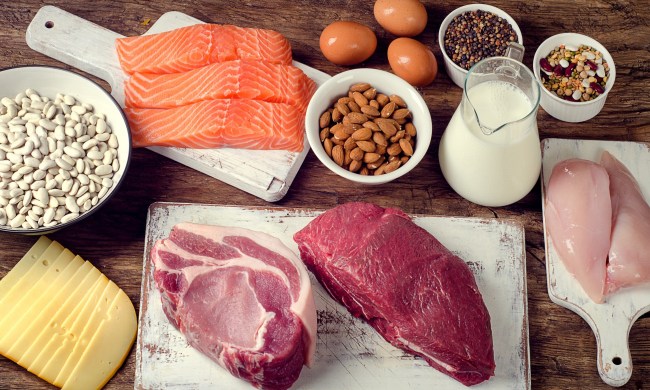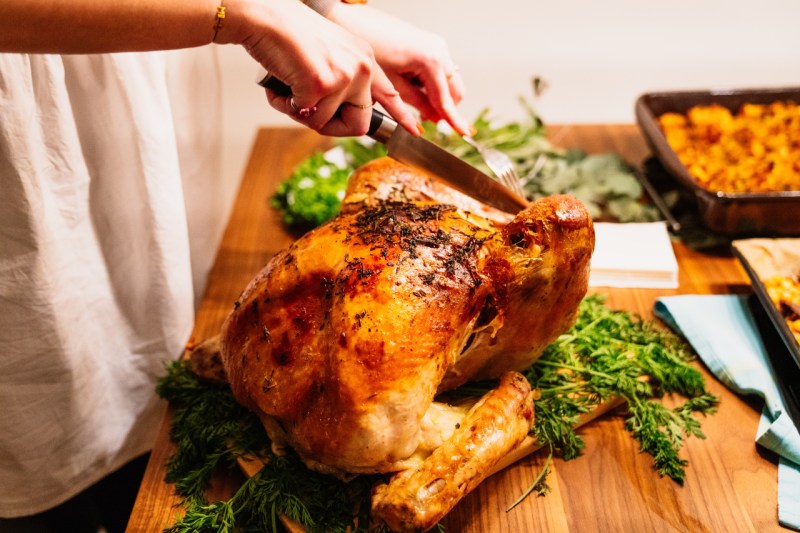
Collagen has recently seemed to crop up in various supplements, whether they support athletic performance, help you get in some extra protein, or are essential for the beauty of your skin and hair. Foods with collagen help contribute to the structural components of bones, teeth, skin, ligaments, muscles, blood vessels, corneas, and connective tissue.
While you can take collagen supplements to reap collagen benefits, collagen is also naturally present in certain foods, mainly of animal origin. The body can also synthesize collagen by combining the amino acids proline and glycine. This process requires vitamin C, zinc, and copper, so in addition to eating protein-rich foods, an adequate intake of these micronutrients will support your body’s endogenous production of collagen. Below, we share the foods highest in collagen to help you have healthy tissues, vibrant skin, mobile joints, and strong muscles.
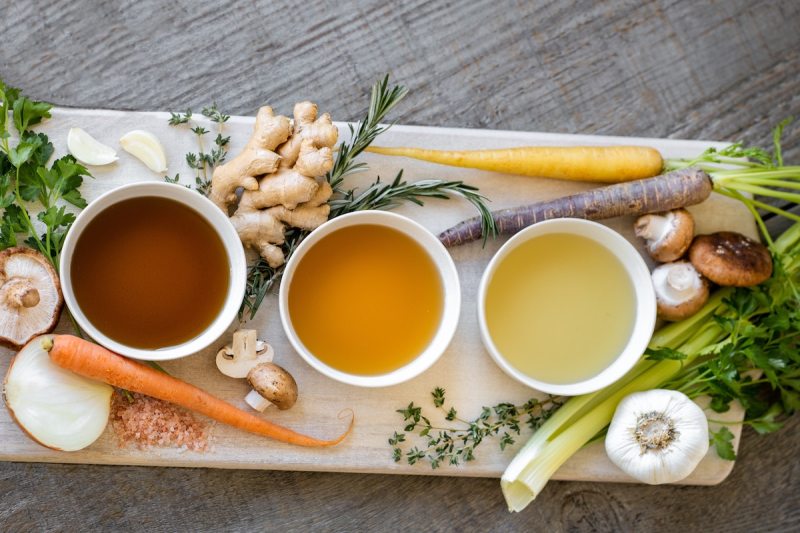
Bone broth
Bone broth has become increasingly popular over the past decade. This nutritious stock is made by simmering the bones of animals, such as cows, chickens, fish, pigs, bison, and turkeys. Most of the time, connective tissues, such as hooves, beaks, and tendons, may also be used, which is what imparts this hearty stock with so much collagen. Bone broth may be used as a stock for other soups, consumed as a liquid broth as is, or turned into a health drink.
Though it may seem like simmered animal bones would not be all that nutritious, the extended boiling softens bones and cartilage and releases the vitamins and minerals within. The bones and connective tissue are rich in collagen, along with other minerals, including calcium, phosphorus, magnesium, potassium, and sulfur.

Chicken and turkey
Chicken and turkey are both high in natural collagen, which is why many collagen supplements are derived from poultry sources. The connective tissue, skin, and sinew are particularly high in collagen, so branching out from a boneless, skinless chicken breast to a cut with skin or some connective tissue will significantly increase your collagen intake. Poultry is also rich in proline and glycine, the amino acids needed to synthesize collagen in the body, so you’ll get a double boost of collagen when you eat these foods.
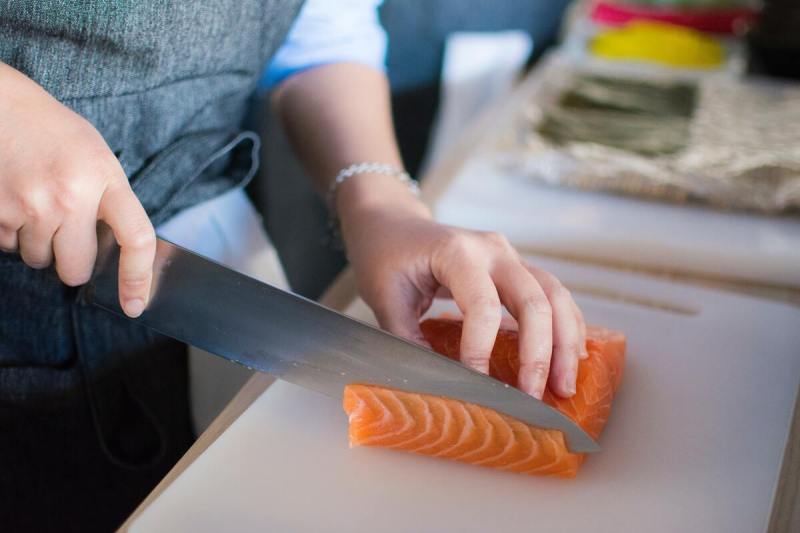
Fish and shellfish
Fish, such as salmon and mackerel, are high in collagen, as are shellfish. However, the flesh of fish is not a particularly rich source of collagen. Instead, most of this vital protein is in the “less desirable” tissues of the fish, such as the scales, eyeballs, fins, and bones. As a general rule, collagen is most abundant in connective tissue, not muscle, so the “meat” portion of animal-based foods contains lower concentrations of collagen than the connective tissues.
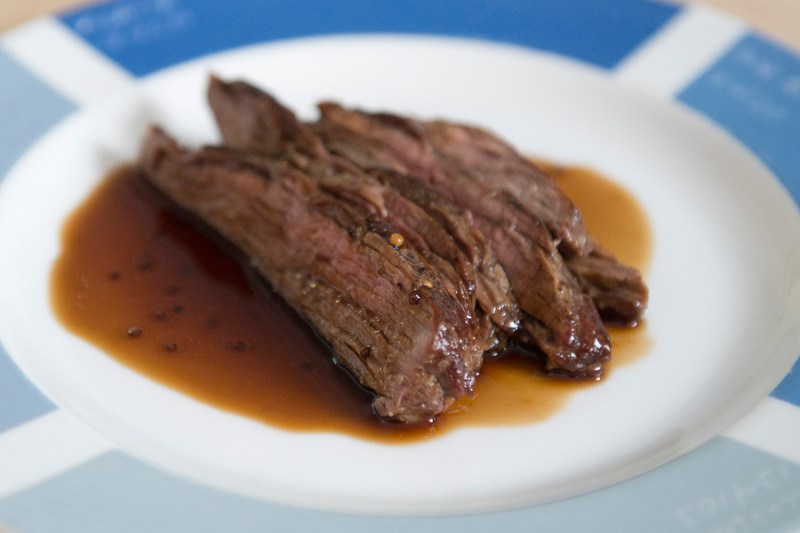
Beef
Beef contains some natural collagen, but it’s also very high in protein, including the two amino acids needed to form collagen in the body. Moreover, beef provides over 100% of the daily value for zinc, one of the key minerals the body needs to manufacture collagen.
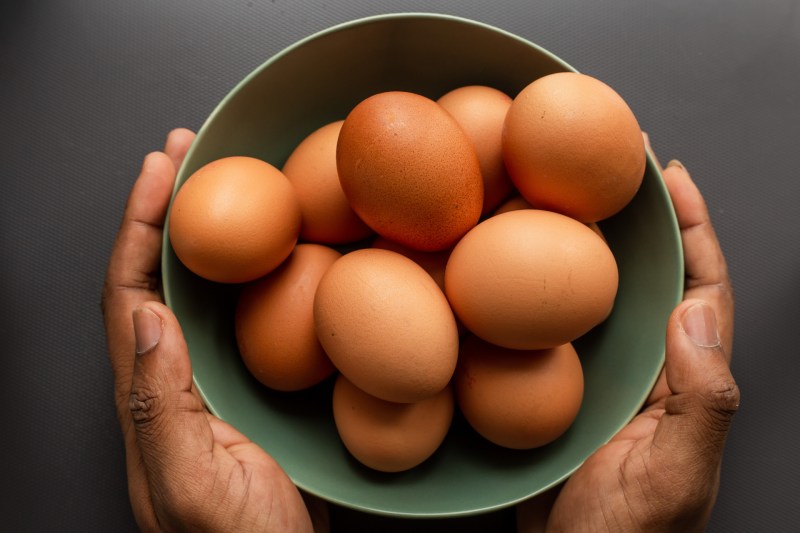
Eggs
Eggs don’t contain fully synthesized collagen; however, egg whites are a rich source of proline, one of the two amino acids needed to synthesize collagen in the human body. They also contain some glycine. Pair eggs with foods high in vitamin C, copper, and zinc.
In addition to these foods high in collagen, eating the foods that support collagen production can effectively increase the abundance of this protein in your body. Foods high in the amino acid proline include egg whites, dairy products, wheat germ, and some vegetables, such as asparagus. The other key amino acid needed to synthesize collagen is glycine, which is especially high in animal skin (chicken skin, pork skin) and gelatin but is also found in most protein-rich foods.
Examples of good dietary sources of the micronutrients you need include bell peppers, dark berries, citrus fruits, kiwi, and cruciferous vegetables for vitamin C. Other examples include oysters and shellfish, seeds, some vegetables, and animal meats for zinc. And for copper, examples include legumes, seeds, organ meats, and cocoa.

Plant-based sources of collagen-boosting properties
While animal sources will be highest in collagen, there are some fruits and vegetables that have collagen-producing properties.
- Citrus fruits: Vitamin C is essential for collagen production, and citrus fruits like oranges, grapefruits, and lemons are excellent sources. Aim for at least one serving per day.
- Berries: Blueberries, strawberries, and raspberries are all packed with antioxidants that support collagen synthesis. Enjoy them fresh, frozen, or in smoothies.
- Bell peppers: Red, yellow, and orange bell peppers are rich in vitamin C and other nutrients that aid collagen production. Include them in salads, stir-fries, or omelets.
- Leafy green vegetables: Spinach, kale, and collard greens are all good sources of vitamin C and chlorophyll, which can help boost collagen production. Shoot for about two servings per day.
It’s important to get a varied and balanced diet for your overall health and collagen production. While all the foods listed above are great sources of collagen, don’t neglect other important nutrients like protein, vitamins, and minerals.


